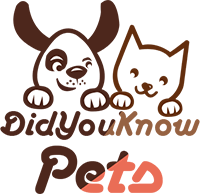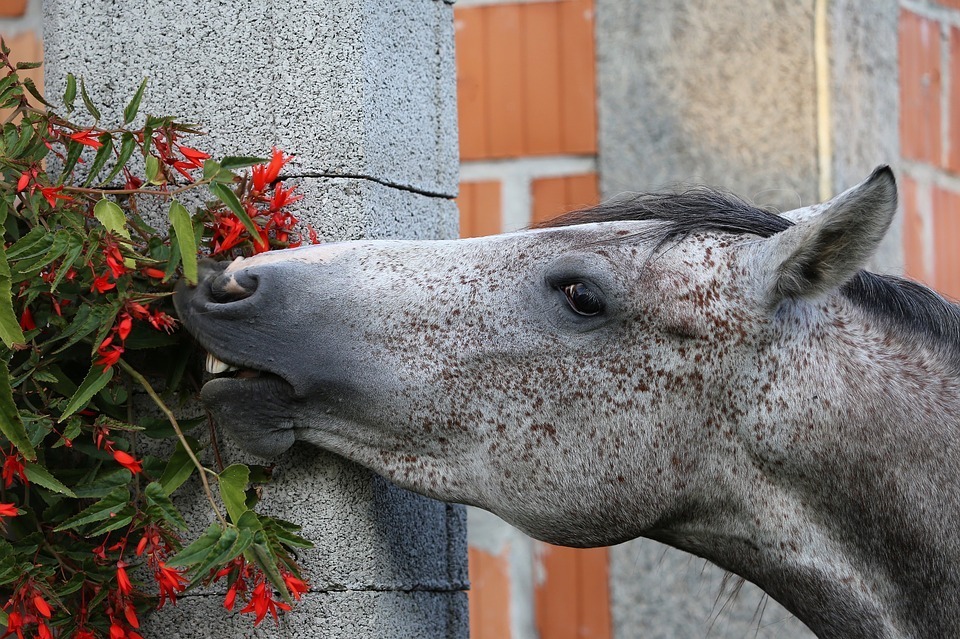Horses may seem mighty and bulky but they have a tricky and sensitive gastrointestinal system. If you’re fond of giving them treats, be mindful not all foods are safe for horses. Offering them the wrong thing can quickly lead to an array of health problems, some of which can be life-threatening issues. So, stick on carrots, sugar cubes, peppermint, and apples, and steer clear of the foods listed below to avoid any unnecessary trip to the vet and keep your horse healthy.
Chocolate
Same with cats and dogs, chocolates can make horses seriously ill. They have a substance called theobromine that can cause severe seizures, internal bleeding, increase heart rate, diarrhea, colic, and restlessness. Large amounts of the chemical can be fatal, but small amounts are enough to make horses uncomfortable. Moreover, if your horse is up for competition, having your horse eat a small piece of chocolate can make him disqualified, as the substance shows up on drug tests.
Persimmons
Though Persimmons are a delicious fruit often used in jams, desserts, and relishes, never share them to your horse. Its seeds and fiber can be indigestible, leading to a sticky mass called phytobezoar, which can be trapped in your horse’s digestive tract. Look around for any persimmon trees around your pasture as while you know the dangers of the fruits, your horse will still eat any ripened fruit on the ground during autumn.
Tomatoes, Potatoes, and other plants from the nightshade family
Coming from the Solanaceae plant family, or commonly called nightshades, Tomatoes, and potatoes contain the chemical called atropine, which can cause colic, anorexia, increased heart rate, disorientation, and death in extremely severe cases. Fortunately, horses don’t like the taste of nightshades. However, they may still be tempted to eat them if they are available in your pasture.
Meat
Horses are herbivores, and their digestive systems are designed to digest, process plant matters and not meat. Though they don’t naturally eat meat, a hotdog can be very enticing to them and they won’t hesitate to take a bite on a sandwich you have on your hand. Be sure to stay alert, and never give them meat whether intentionally or unintentionally.
Cattle Feed
Though cattle and horses are both grazing animals, their digestive systems are distinct. That means that food that may work for one, can be dangerous for the other. So, never interchange their food, to keep both animals safe and healthy.
Dairy Products
Like most other animals, horses are not lactose tolerant. Giving them dairy products, such as cheese, and milk can cause them diarrhea. As they are unable to digest lactose, it can also lead to colic and digestive problems. So, save the yogurt for yourself instead, and reap all its benefits – it’s bad for your horses.
Garden and Lawn Clippings
Since lawn and garden clippings mainly compose of grass, many owners commit the mistake of feeding them to their horses. There are several hazards with clippings as they could contain plants toxic to horses, like Horsetail, Rhubarb, and Milkweed, which can cause discomfort, poisoning, and serious health issues.
Moreover, horses tend to consume more grass if they are offered clippings. That is because they no longer need to graze. However, eating much grass can alter their digestive system’s natural fermentation process, causing colic, laminitis, and other potentially fatal conditions.
Bread
Bread and other baked food contain starch, which may be difficult for horses to digest. It can become a doughy mass and block their digestive tract, causing colic. Bread is also more dangerous for horses suffering from insulin resistance and equine metabolic syndrome.
Fruit with Pips
Fruits with pips are dangerous for horses as they can choke on the seeds. Choke is something you don’t want happening to your horse, as it can be an emergency situation, causing serious problems and even death. Moreover, some seeds contain toxins that can disrupt your horse’s digestive system or be harmful to their health. If you want to give them fruits, such as dates, apricots, and cherries, be sure to first take the pits off before feeding them to them.
Avocado
Avocados are toxic not only to horses but to many other animals. All parts of the fruit, from the flesh, skin, pit, and all parts of the tree, like the leaves, stem, and roots, are all poisonous to them. It traces to the fatty acid present in avocados called persin, which even in small amounts can cause edema, colic, breathing issues, and heartbeat irregularities, and worst, death.
Takeaway
That’s the rundown of the foods you should never give horses. It is best to inform other individuals in your barn or home to help them be aware and never make the mistake of offering these items to your horses. Of course, you can’t also check your horse round the clock. Inspect your surrounding for any toxic plant, tree, or fruit around the pasture eliminate them immediately to ensure that your equine friends can graze safely and always be healthy.

